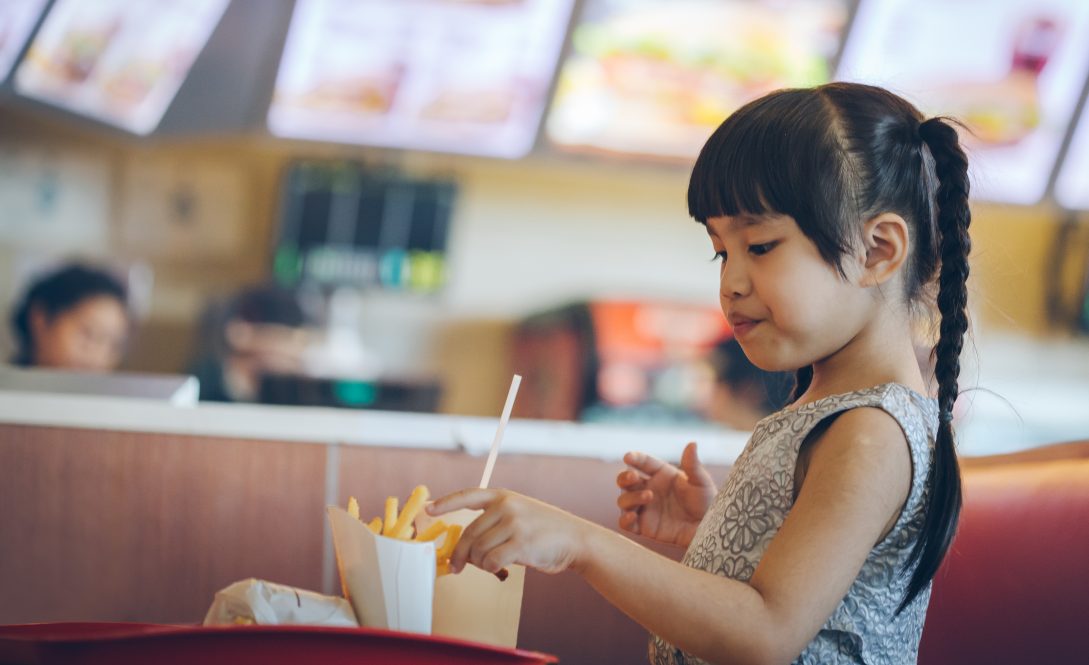The COVID-19 pandemic was marked by uncertainty. As public places slowly began reopening, people had to grapple with the risk they were willing to take for activities like in-person shopping or eating at a restaurant.
Rigoberto Lopez, professor of agriculture and resource economics in the College of Agriculture, Health and Natural Resources, found that one of the best ways to assuage public concerns over eating in public was to provide them with more information about the current state of COVID-19 spread. Lopez published his findings in Agricultural Economics.
Restaurants around the world were hard-hit when the pandemic struck as their business model relies almost entirely on people being able to come sit down and eat a meal. According to data from the National Restaurant Association, 90,000 restaurants closed due to the pandemic in the U.S. alone.
“It was a big shock to the system,” Lopez says. “The restaurant system was one of the most sensitive segments of the economy to the pandemic.”
Looking at data from a restaurant chain in China, Lopez found that those located in cities where local regulations required Covid tracking recovered faster than those in areas that did not.
Residents of municipalities that required infection information to be disclosed could use a mobile app to see infection hot spots in the city.
While national increases of Covid cases did have an overall negative impact on the number of transactions in restaurants, having access to local infection rate data made customers more comfortable going out to eat.
Restaurants in areas where this information was available saw 25%-35% more transactions.
Lopez and his collaborators looked at data from 87 restaurants in 10 Chinese cities between December 1, 2019, and March 27, 2020. This period captures the onset of the pandemic and China’s “Great Lockdown” policy through restaurants’ gradual reopening in February and March.
“No news is bad news,” Lopez says. “When you have a risk like that, providing information gave more comfort to consumers than leaving consumers in the dark.”
For this research, Lopez collaborated with his former PhD student, Xiaoou Liu ‘09 (CAHNR), who is now a professor at the Renmin University of China School of Agricultural Economics and Rural Development.
Lopez says that while this study was specifically focused on a snapshot of the pandemic, the results provide a broader picture of consumer behavior during any crisis marked by risk and uncertainty.
“Consumer behavior is the main driver of the economy,” Lopez says. “The problem is more general than just Covid.”
More recently, Lopez published a related paper in Food Policy looking at the impact of different periods of the COVID-19 pandemic on diet quality.
Lopez and his team analyzed data from nearly one million food purchases in China in 2020.
They discovered that during the active periods of COVID-19 infections, intake of sugar, sodium, and fat increased by 0.1 to 1%. But, once COVID-19 infections were under control, people were ordering healthier foods as they learned more about the importance of nutrient intake in the context of the public health crisis. The percent of protein in food ordered during this period increased by 8% and the amount of fiber increased by 1%. At the same time, the amount of fat, sugar, and sodium decreased by 7 to 16%.
This shows that learning about the importance of nutrition can overcome the impact of emotional eating and economic insecurity that characterized the early period of the COVID-19 outbreak in China.
Lopez says these findings point to how policy makers can use learning tactics to improve individuals’ awareness of more permanent preventative health behaviors, leading to a healthier society altogether.
“The long-run positive health impacts of adopting preventive health behaviors may mitigate the negative impact of health shocks in a society and are likely to outlive the pandemic itself,” Lopez says.
Follow UConn CAHNR on social media



